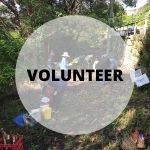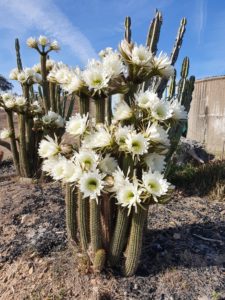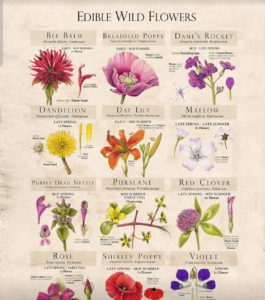As of Sunday, 30th March the Federal Government announced that no more than 2 people can be in an enclosed space within 1.5m of each other & any non-essential movements is to be restricted.
This also included recommendations that any people over the age of 70, those with a chronic illness aged over 60 or who have a chronic medical condition that leaves them vulnerable, and Indigenous Australians over the age of 50 should stay at home as much as practical.
Exemptions include: People of the same household gathering together; Funerals, where a maximum of 10 people can gather; Weddings, where there can be up to five people; Family units, which is understood to mean immediate family.
The National Cabinet also gave “strong guidance” for all Australians to stay home unless people were: Shopping for “food and necessary supplies”; Providing medical, healthcare or compassionate services; Exercising in a group of two; Working or studying if they could not do so remotely
For many of our Landcare groups this is a difficult task, however we would remind our members who have insurance through Community Underwriting that they released a statement on March 20 stating that: “The advice they have given for Landcare groups holding events is as follows: We are unable to cover events where the attendees exceed either the current federal or state advice for public gatherings and visits to vulnerable groups; Where events are conducted with attendees less than the government recommendation, we recommend an organisation to undertake a risk assessment taking in the government advice.”
Additionally, NSW Workplace Health & Safety has released guidelines to help guide you & your activities during this time.
The Federal Government has also released a Stimulus Package to support households & businesses & address the significant economic consequences of the Coronavirus. Further information is attached. Landcare Groups should talk to their financial advisers to see if they are eligible.
We do not take these times lightly, but we continue to work with all staff and partners across NSW to ensure that all projects & programs are supported beyond this crisis. We remind ourselves that Landcare has survived the devastation of drought, flood and fire. It will survive COVID-19.
Our programs and partnerships are still in place & on track. Grant and funding bodies are aware of current restrictions regarding deliverables and will work with groups to negotiate deadlines. The NSW Landcare Program team is working directly with all coordinators to ensure that any deliverables are flexible and realistic. Should you wish to discuss your concerns, please contact Natasha English via email nenglish@landcarensw.org.au.
Above all, practice healthy hygiene & always wash your hands for at least 20 seconds.
Landcare NSW
Resources:
Fact Sheet – Supporting Businesses


 Top plants to help with bees?
Top plants to help with bees?